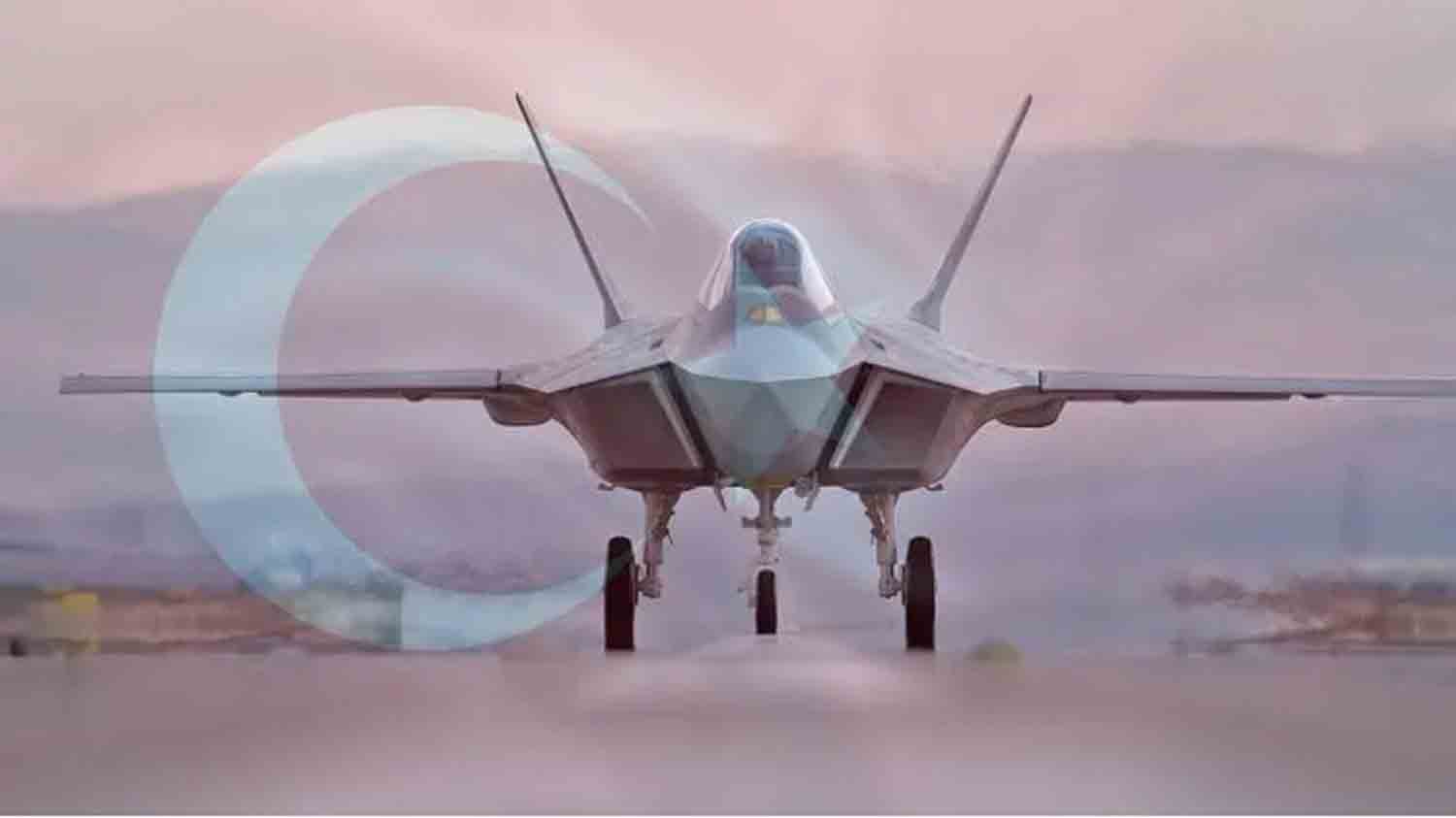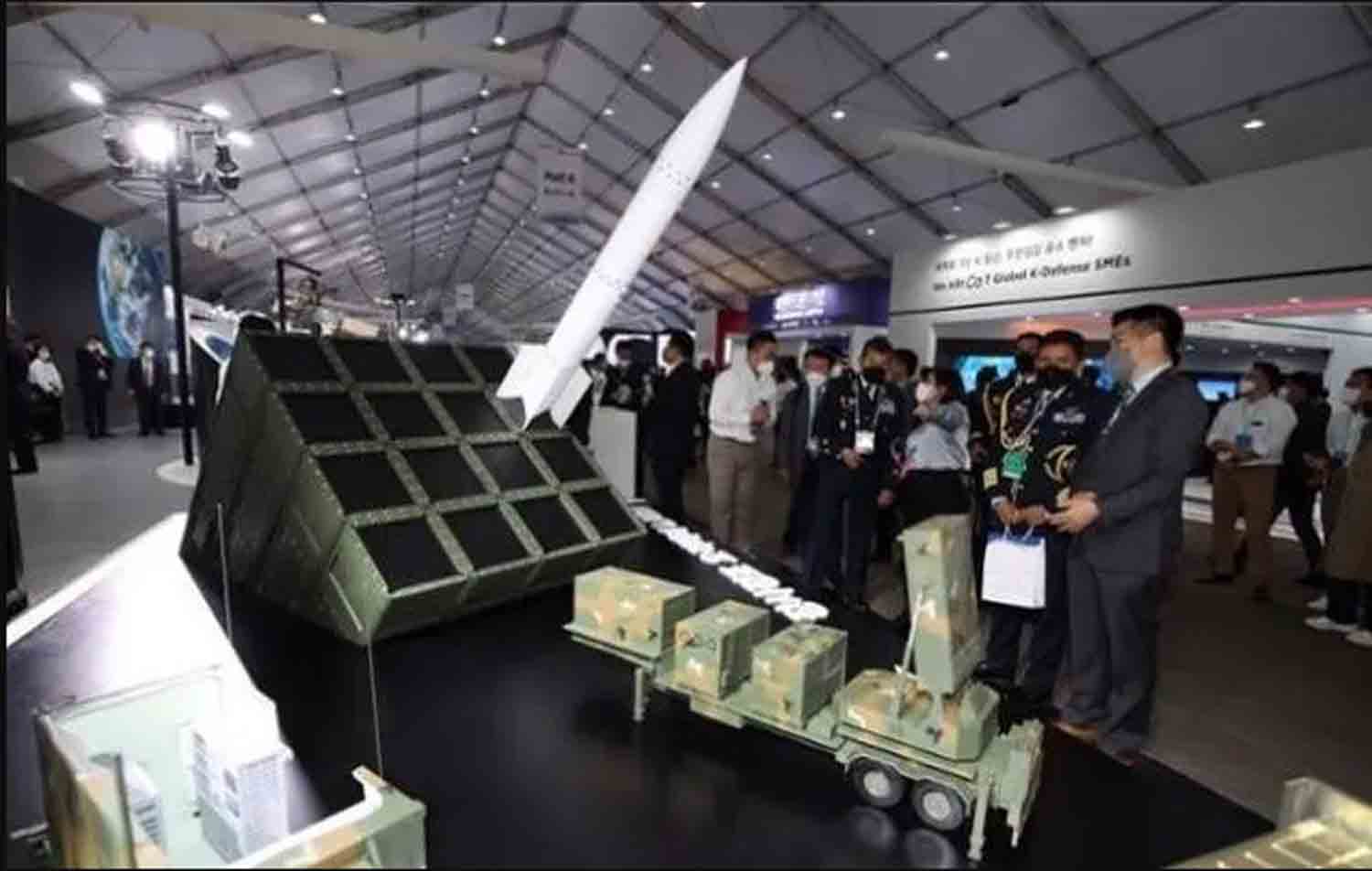The inability to secure the U.S.-manufactured fifth-generation fighter jet, the F-35, coupled with a strategy to diversify defense imports and lessen reliance on Washington, are considered the main factors driving Saudi Arabia‘s decision to pursue the acquisition of up to 100 units of Türkiye’s fifth-generation fighter jet, the KAAN.
Since 2017, Saudi Arabia has been striving to obtain the F-35 jets produced by Lockheed Martin but has encountered various challenges that have ultimately obstructed its goal of acquiring this premier fifth-generation aircraft from the U.S.
A significant barrier to Saudi Arabia’s F-35 acquisition has been the opposition from Israel and its powerful lobbyists in Washington, who are concerned that granting Riyadh access to these advanced jets could compromise Israel’s “Qualitative Military Edge” (QME) over Arab nations, particularly Saudi Arabia.
Israel has not only opposed Saudi Arabia’s pursuit of the F-35 but also vehemently protested the proposed sale of 50 F-35 jets to the United Arab Emirates (UAE) in 2020, despite the approval of the deal by then-President Donald Trump. This opposition was rooted in concerns that such a transaction would diminish Israel’s QME relative to its regional adversaries. Additionally, Israel’s apprehension regarding the preservation of its QME has led to objections against the sale of long-range air-to-air missiles, such as the AIM-120 AMRAAM and METEOR, to Egypt and other countries operating F-16 and Rafale aircraft.
Saudi Arabia is reportedly facing certain prerequisites before it can proceed with the acquisition of the F-35 fighter jets. Among these prerequisites is the recognition of Israel as a state and the establishment of diplomatic relations with Tel Aviv, despite Israel’s ongoing occupation of Palestinian territories and its actions against the Palestinian people.
The Kingdom’s strategy to diversify its defense procurement, aiming to lessen its dependence on the United States, is also a significant factor driving its interest in Türkiye’s KAAN fighter jets. Currently, the Royal Saudi Air Force operates F-15 and Eurofighter Typhoon aircraft, and the inclusion of the KAAN would enhance the variety of its combat aircraft inventory.
Riyadh has made diversifying its defense systems a central policy, actively pursuing this approach in recent years, especially as relations with the U.S. have become strained under former President Joe Biden. During Biden’s administration, Saudi Arabia sought to strengthen its defense and foreign relations with China and Russia, acquiring various military systems from these nations.
Recently, it was revealed that Saudi Arabia discreetly invested $2.3 billion to procure 39 units of Russia’s Pantsir-S1M air defense systems.
The procurement, as disclosed by the Organized Crime and Corruption Reporting Project (OCCRP) referencing internal documents from Russia’s Ruselectronics, a subsidiary of the defense conglomerate ROSTEC, encompassed 10 mobile command posts, numerous missiles, transport vehicles, and communication systems.
In late December of the previous year, reports indicated that Saudi Arabia intended to acquire around 100 units of the KAAN fifth-generation fighter jet, which is currently under development by Türkiye.
Discussions regarding this acquisition reportedly occurred during a visit to Türkiye by Prince Turki bin Bandar Al Saud, the Commander of the Royal Saudi Air Force. During his visit, Prince Turki engaged in talks with Turkish defense firms, including Roketsan, Aselsan, and Turkish Aerospace Industries (TAI), the manufacturer of the KAAN.
According to international defense media, the visit allowed Prince Turki and his Saudi delegation to receive the latest information on the KAAN fighter jet’s capabilities and explore potential strategic cooperation between the two nations concerning the fifth-generation aircraft.
This collaboration may entail technology transfer and the local production of the KAAN in Saudi Arabia. The proposed acquisition is in line with the ambitions of both Saudi Arabia and Türkiye to strengthen their defense relations as regional powers.
On July 18 of the previous year, Saudi Arabia announced a plan to invest $3 billion (RM13.5 billion) in procuring Akinci MALE (Medium Altitude Long Endurance) drones from Türkiye’s Baykar Technology, marking the largest defense contract in Türkiye’s history.
Once mass production by Turkish Aerospace Industries (TAI) begins, the Turkish Air Force is anticipated to receive over 100 KAAN fifth-generation fighter jets. TAI, the main contractor for the KAAN program, initiated the project in 2016 and is expected to deliver 20 KAAN Block 10 fighters to the Turkish Air Force by 2028.
By the year 2029, TAI aims to manufacture two KAAN fighter jets each month, which is expected to yield an annual revenue of around $2.4 billion (RM9.6 billion). These KAAN aircraft are set to take the place of more than 200 F-16 fighters that are presently operated by the Turkish Air Force.
Discover more from Defence Talks | Defense News Hub, Military Updates, Security Insights
Subscribe to get the latest posts sent to your email.





